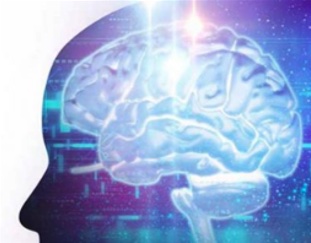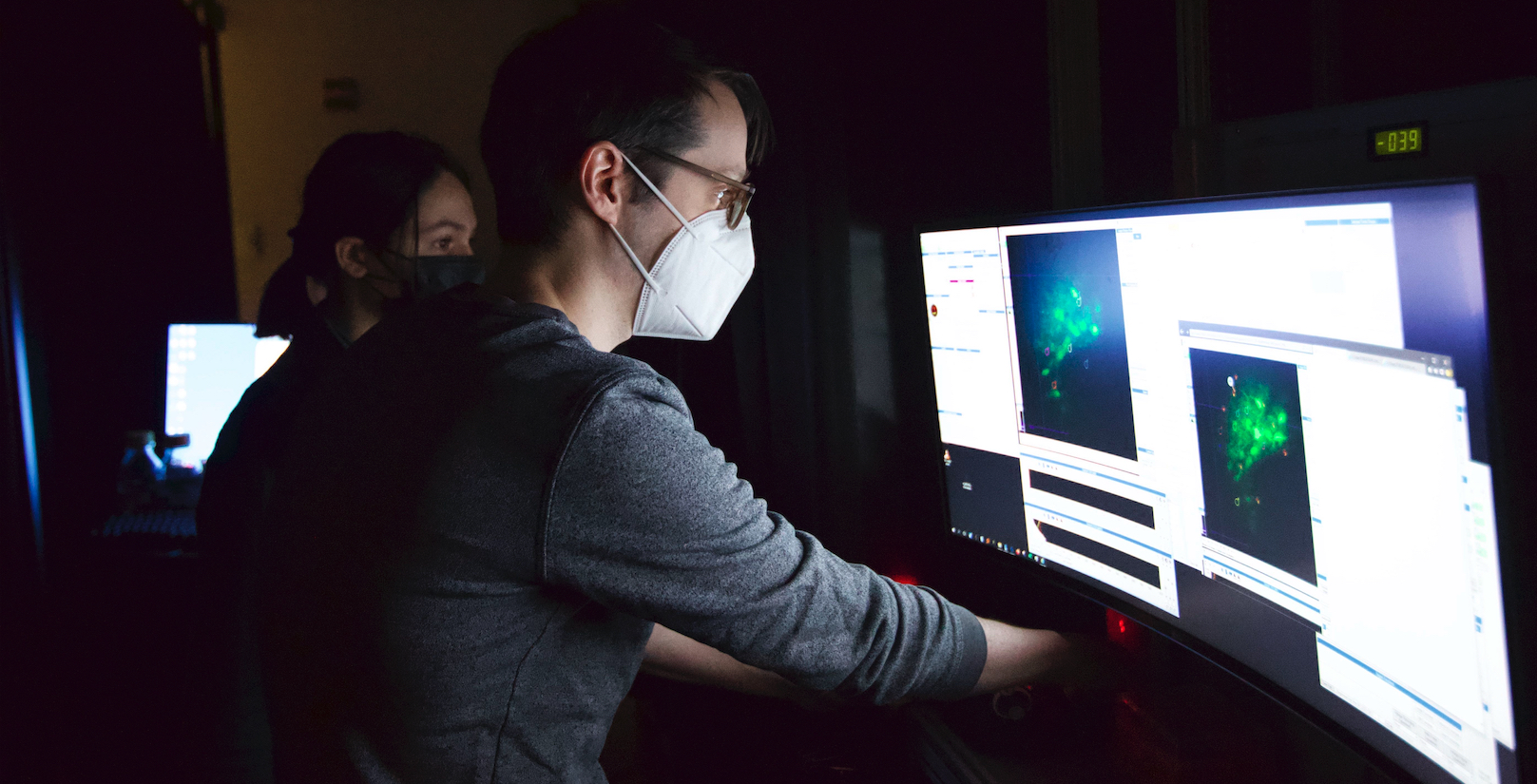Overview
 In Washington State there has been a recent increase in the use--by both adolescents and adults--of Cannabis, including products containing high levels of delta9-tetrahydrocannabinol (THC), the main psychoactive compound of Cannabis. Recent evidence indicates that 1) THC use impacts adolescent brain function during critical periods of brain development, 2) Cannabis use may increase incidence of psychotic episodes, and 3) Cannabis use also leads to selective behavioral impairments.
In Washington State there has been a recent increase in the use--by both adolescents and adults--of Cannabis, including products containing high levels of delta9-tetrahydrocannabinol (THC), the main psychoactive compound of Cannabis. Recent evidence indicates that 1) THC use impacts adolescent brain function during critical periods of brain development, 2) Cannabis use may increase incidence of psychotic episodes, and 3) Cannabis use also leads to selective behavioral impairments.
To date, we lack understanding of the extent of THC use that leads to these issues and therefore do not know the public health, social, and economic impacts of high potency THC Cannabis use.
The University of Washington Center for Cannabis Research (UW-CCR) and Washington State University Center for Cannabis Policy, Research, and Outreach (WSU-CCPRO) implemented a Cannabis Research Framework (CRF) that unites world experts studying cannabis to address the research targeted in UW Center for Cannabis Research report to the Washington State Legislature.
Project 1
Developing an intervention approach for Cannabis use and psychosis by adolescents

Denise D. Walker, Ph.D.
Research Associate Professor, School of Social Work
For young adults experiencing first episode psychosis (FEP), continued use of high THC potency Cannabis products is associated with worse psychosis treatment outcomes and dire consequences. This pilot study will develop resources for providers and parents to assist in having strategic conversations with FEP patients who use high THC potency Cannabis products. The goal is to reduce the use of products and improve FEP treatment outcomes.
Project 2
Early risk factors for development of psychotic disorders following Cannabis use

Kathleen Pagulayan, Ph.D.
Associate Professor, Psychiatry and Behavioral Sciences

Garth Terry, Ph.D.
Acting Assistant Professor, Psychiatry and Behavioral Sciences
Cannabis use can contribute to psychosis onset leading to psychiatric hospitalization and, in some cases, chronic schizophrenia. Declines of cognitive and social performance in adolescence and early adulthood often precede development of schizophrenia and contribute to impairment in adult vocational functioning. We propose to examine the temporal relationship of Cannabis use and prodromal cognitive/social functioning in individuals with early-stage psychotic disorders through interview and medical chart review.
Project 3
Using passive sensing via mobile phones to identify acute Cannabis impairment among young adults

Christine M. Lee, Ph.D.
Research Professor, Psychiatry and Behavioral Sciences

Isaac C. Rhew, Ph.D.
Research Associate Professor, Psychiatry and Behavioral Sciences
Our prior work documents acute and longer-term harms from Cannabis use among young adults; however, better assessment and understanding of acute impairment as it occurs in real-time is needed. Research suggests that alcohol impairment can be accurately determined by passive sensing (e.g., gait movements, texting behavior) via mobile phones. Using similar methods, this proof-of-concept study will integrate assessment of cannabis use (including timing, THC levels of products used, mode of use, etc.) with passive data collection and machine learning techniques to develop methods for identifying acute Cannabis impairment.
Project 4
Preclinical measurement of adolescent THC/CBD on adulthood cognitive behaviors

Benjamin Land, Ph.D.
Research Assistant Professor, Pharmacology
Prior work has shown that, in adult rodents, THC is associated with cognitive impairment that can be partially blocked by treatment of CBD. Using our self-administration model of cannabinoid intake, we will allow free access to THC and CBD during a critical developmental window in adolescent mice. In adulthood, we will then assess cognitive and social behaviors that reliably model schizophrenia-like behavior. Our results will shed light on the role of cannabinoid combinations in the context of adolescence and schizophrenia.
Project 5
Preclinical measurement of THC’s impact on locomotor impairment in mice

Dr. Nephi Stella, Ph.D.
Professor, Pharmacology
It is well known that treatment of rodents with THC is associated with impairment of motor behaviors characterized by reduced locomotion, yet recent results also show impaired motor coordination, altered stimuli perception, and defective short-term and spatial memory, all of which are critical components of accurate motor behaviors. Using our voluntary self-administration model of THC intake, we will study the impact of free access to THC in both adolescent and adult mice to unravel how use of THC impairs fundamental and critical psychomotor behaviors.
References
Current peer-reviewed research articles on Cannabis impacts are cited in the UW Center for Cannabis Research Report to the Washington State Legislature.



